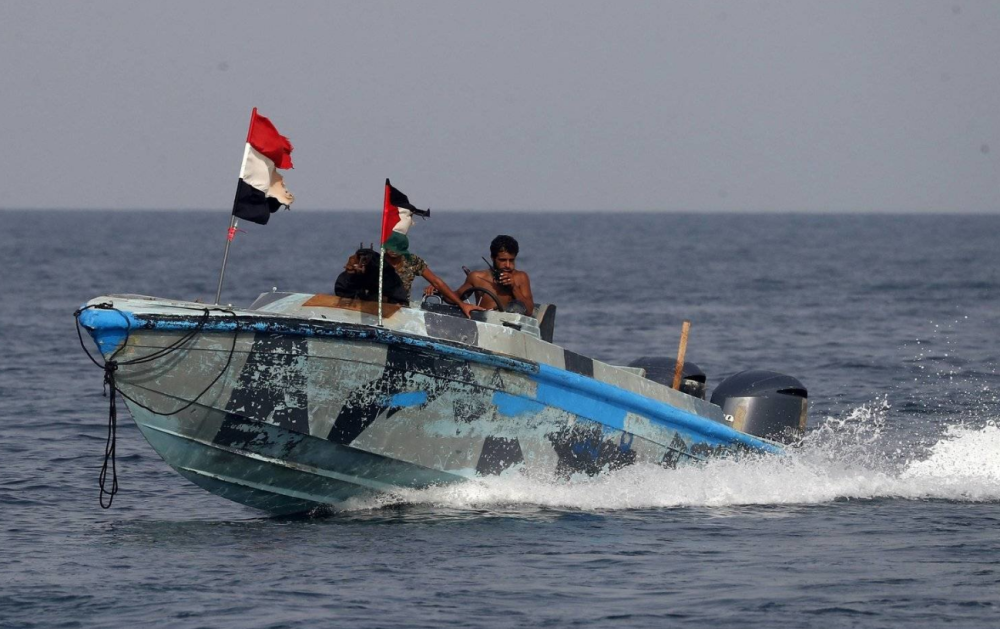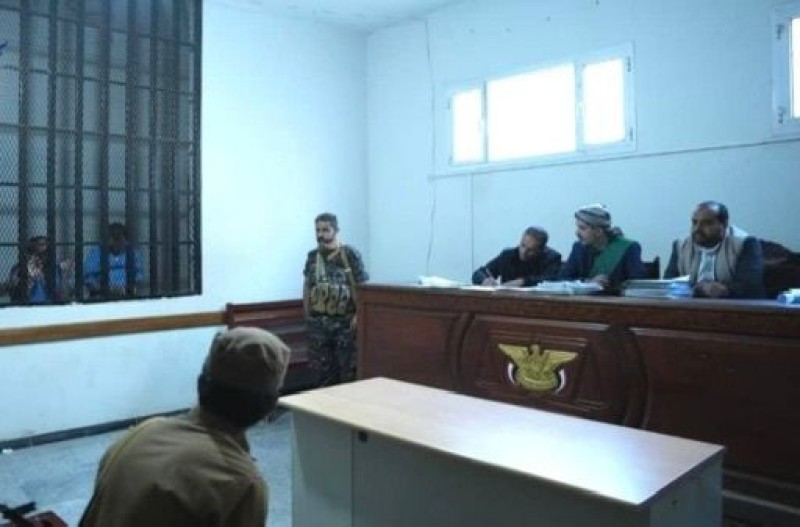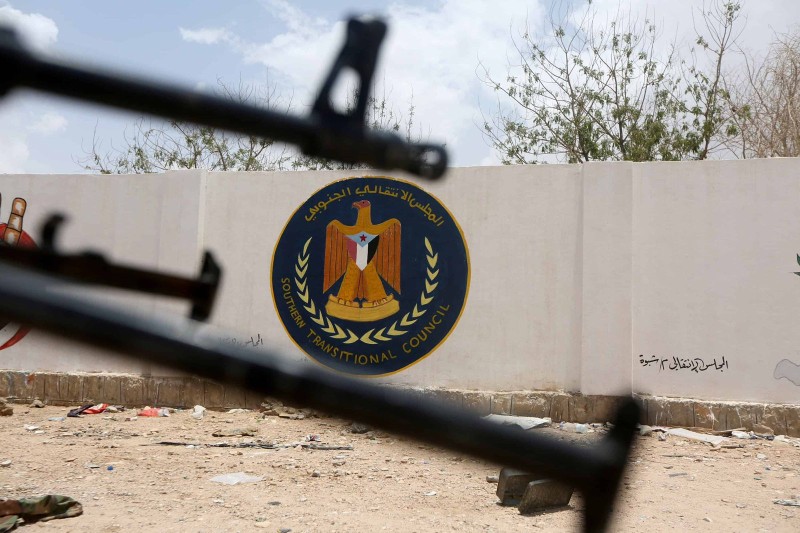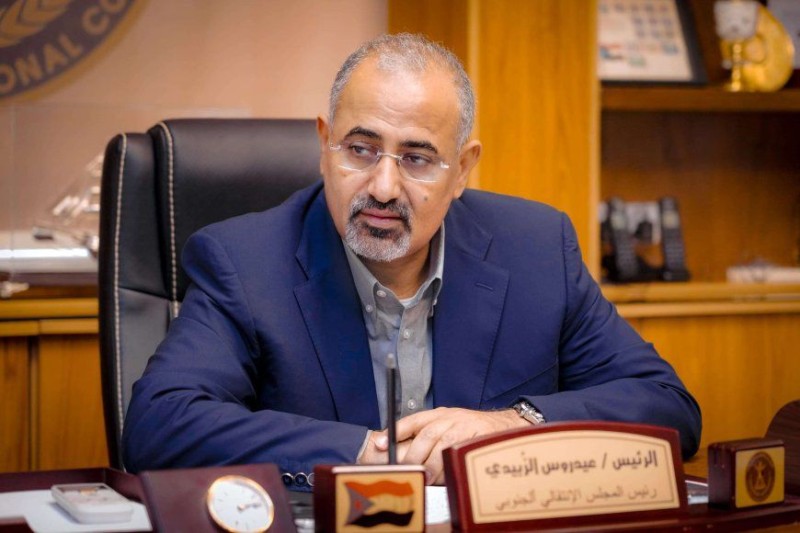Yemeni FM: Houthi Immoral Aggression Continues


Yemeni Foreign Minister Ahmed Awad bin Mubarak affirmed on Thursday that the Houthi aggression in Yemen continues "using immoral methods," accusing the group of thwarting peace efforts.
Bin Mubarak referred to the economic war the group was waging by targeting financial capabilities, facilities, and oil tankers with Iranian drones, which halted oil exports.
The Yemeni government seeks diplomatic support for its legitimate position.
Speaking to diplomats at the Hungarian Academy on the sidelines of his visit to Budapest, the Yemeni minister said that the ongoing conflict in Yemen runs between a group represented by a legitimate government seeking to preserve their freedom and basic rights and liberate their land and an aggressive sectarian Iran-backed militia seeking to establish a repressive, tyrannical regime.
Saba reported that bin Mubarak met Arab ambassadors and discussed with them the recent political developments in his country and the negative attitude of the Houthi militia towards efforts to achieve peace.
Official media reported that bin Mubarak touched on Iranian interference in Yemen affairs, Tehran's establishment of sectarian militias, and its attempts to replace sects with states and militias instead of armies to achieve its expansionist ambitions.
He indicated that the group is pressuring businessmen in areas under its control to stop importing through Aden Port.
They want to prevent the distribution of subsidized gas extracted from Maerib in areas still under militia control and replace it with Iranian gas, to be sold for Houthis' benefit.
The FM discussed the negative and non-constructive position of the Houthi militia towards the peace process, accusing it of thwarting efforts aimed at stopping the war and ending its disastrous humanitarian repercussions.
- Economic decline
Meanwhile, the Yemeni government suffers from severe economic conditions due to the cessation of oil exports because of Houthi attacks, amid fears of a resumption of battles.
The Minister of Planning and International Cooperation, Waed Bathib, said before The UN High-Level Political Forum in New York City that the crisis is worsening in Yemen.
He explained that 60 percent of the population suffers from food insecurity and 80 percent needs humanitarian assistance, adding that about 4.3 million people have been displaced.
Bathib pointed to the high external indebtedness in his country and the economy's contraction by more than 50 percent of the GDP, pointing to the decline in public revenues, the rise in poverty to about 80 percent, and the worsening financial situation as a result of the Houthi militia's targeting of oil export ports by drones.
Furthermore, the head of the Presidential Leadership Council, Rashad al-Alimi, confirmed that progress had yet to be made to renew the truce and launch peace talks, despite the UN, international, and regional efforts.
Alimi accused Houthis of seeking to perpetuate chaos and starve Yemenis in all regions.
The Houthis have threatened to attack oil export ports and target cargo ships if the legitimate government resumes exports.
The militias rejected international and regional proposals to renew and expand the truce and agree on coordinated steps to pay the salaries of public employees.

Sana’a – The Houthi-run Special Criminal Court in Sana’a has continued the trial of several former employees of the U.S. Embassy,…

Aden – Southern Transitional Council (STC)-affiliated forces on Saturday rejected accusations issued by Yemen’s General Staff, which cl…

Aden – Aidarus Qassem Al-Zubaidi, President of the Southern Transitional Council (STC) and Vice Chairman of Yemen’s Presidential Leader…